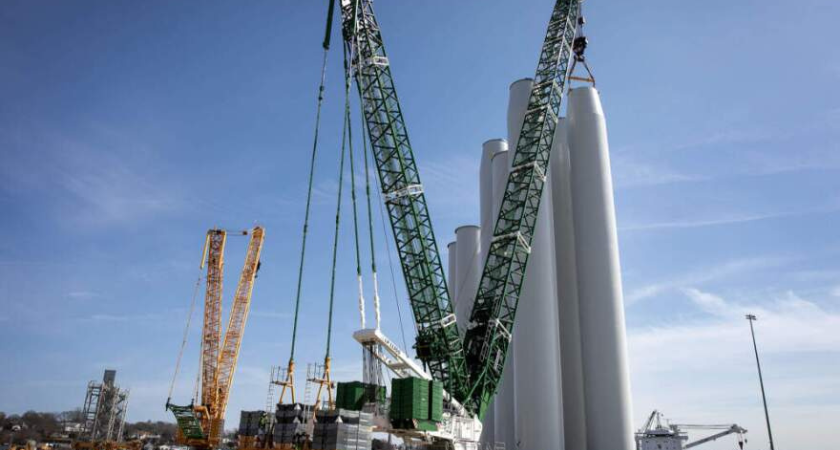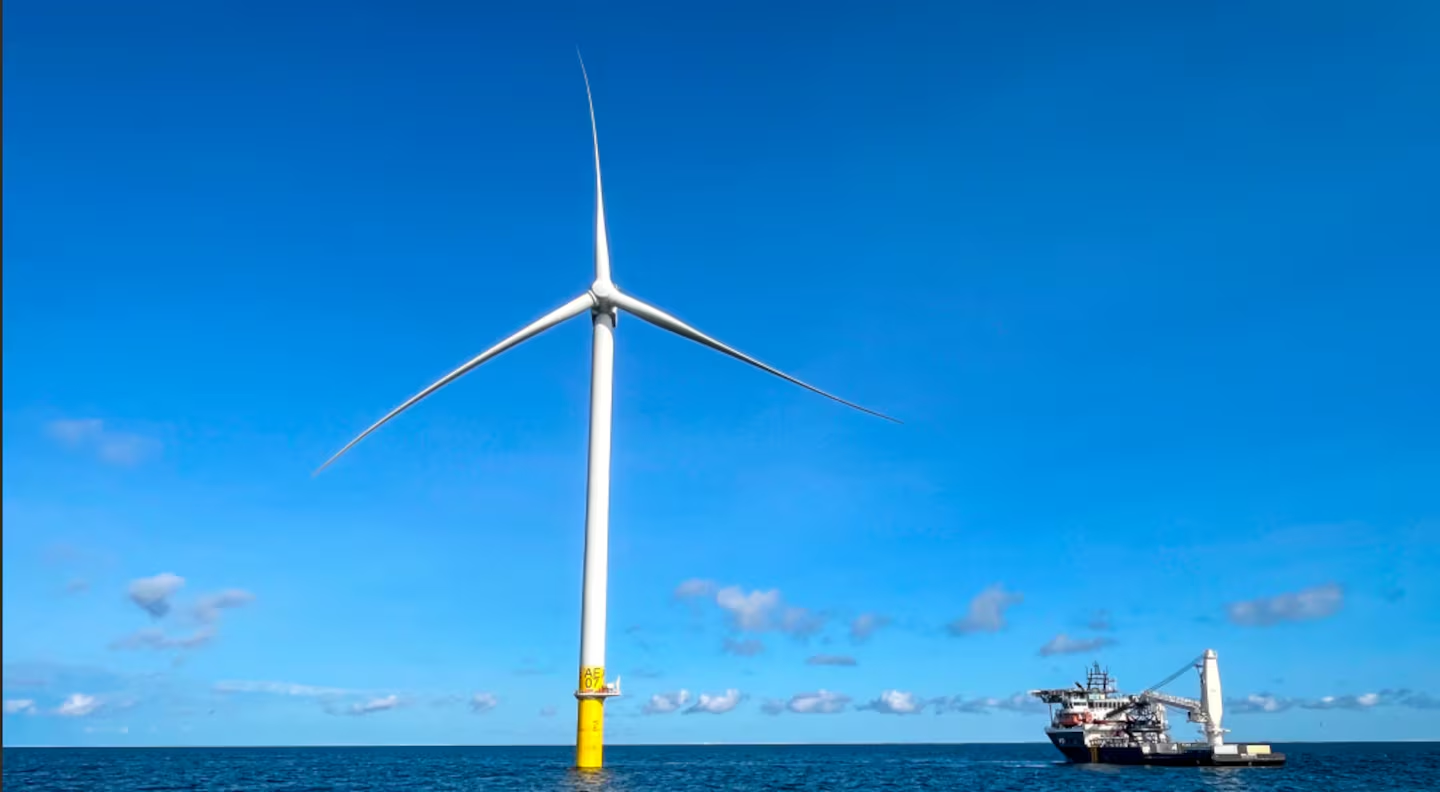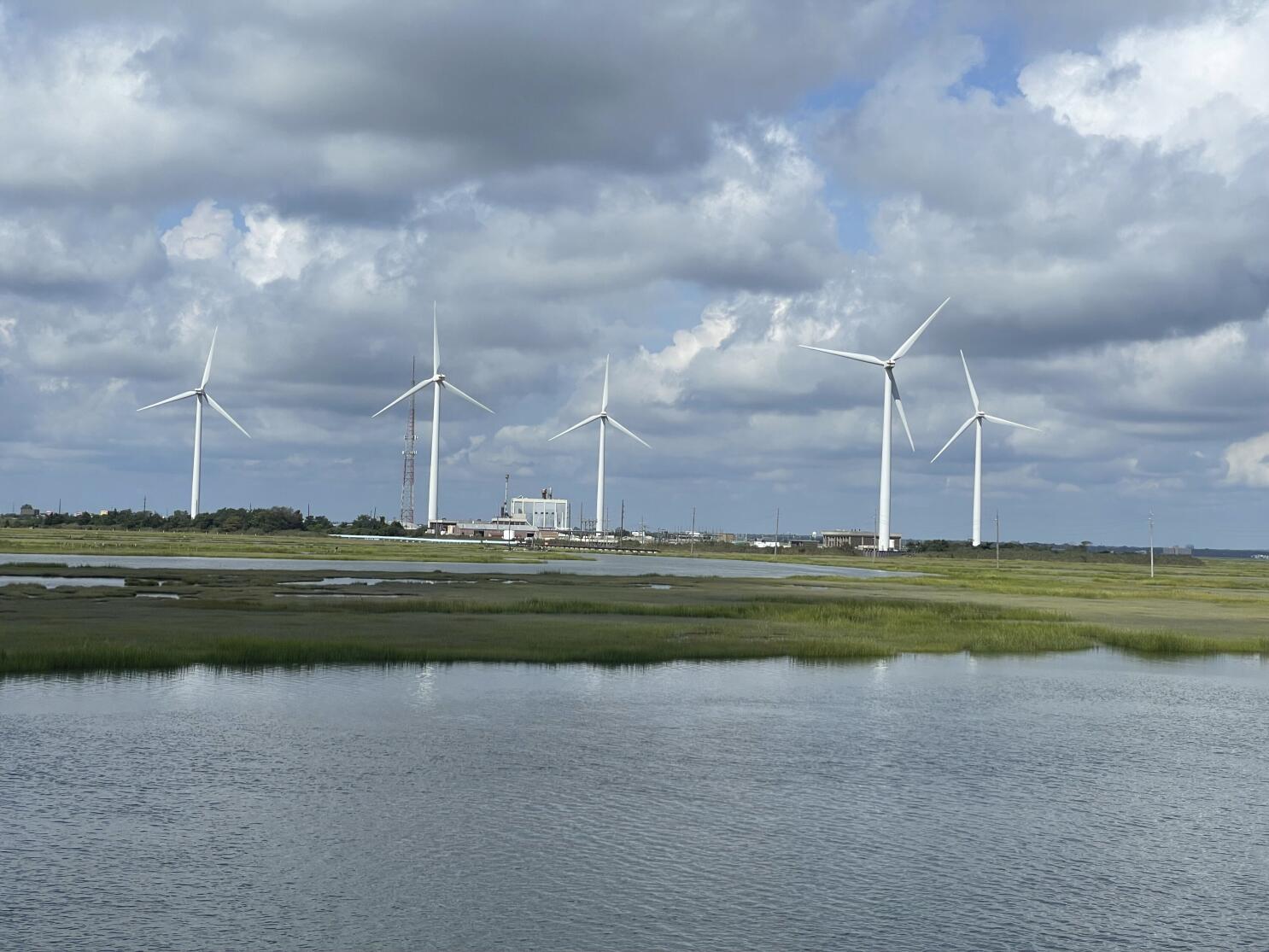
Construction on the Revolution Wind offshore project near Rhode Island will move forward once again after a federal judge struck down a Trump administration order that had stalled progress for nearly a month.

On Monday, Judge Royce C. Lamberth of the U.S. District Court for the District of Columbia issued a preliminary injunction allowing work to resume, calling the government’s stop-work directive the “height of arbitrary and capricious action.”
The ruling is a major win for the offshore wind sector, which has faced sustained pushback from the Trump administration.
The Bureau of Ocean Energy Management (BOEM) had ordered Ørsted, the project’s developer, to halt construction on August 22, citing unspecified national security concerns. But Judge Lamberth noted the agency “failed to make any factual findings or cite any reasons” to justify the order.
“There is no question in my mind of irreparable harm to the plaintiffs,” the judge said, pointing out that Ørsted was losing $2.3 million per day and that hundreds of workers were sidelined while construction was on hold.
The injunction allows construction to move forward, though the broader lawsuit challenging the stop-work order remains ongoing. BOEM said it will continue its investigation and could appeal the ruling.
Ørsted responded quickly, pledging to restart activity at sea and at staging facilities. The company said it would “resume impacted construction work as soon as possible, with safety as the top priority.”
Connecticut Gov. Ned Lamont praised the decision as a boost for consumers.
“If you want to talk about the birds and the fish and national security, we can do that,” Lamont said. “But in the meantime, let’s get back to work.”
Rhode Island Attorney General Peter Neronha added that “the President cannot cancel clean energy projects just because he believes doing so is politically expedient for him.”
New London Mayor Mike Passero, whose community has hosted construction staging at State Pier, called the ruling a relief.
“It’s been a long month and we’re so close to the end of this project,” he said. “We’re just months away from turning on the spigot, so it’s just a relief.”
Passero said workers and equipment remain in place, allowing work to ramp up almost immediately.

Revolution Wind is an 80% complete, 65-turbine offshore wind farm expected to generate 704 megawatts of electricity for Rhode Island and Connecticut beginning in 2026 — enough to power 350,000 homes.
The project, which has already cost about $5 billion, was granted its final federal permits in 2023 and has relied on a revitalized port in New London, Connecticut, for staging.
Advocates argue that beyond clean energy benefits, the project will cut consumer bills significantly. Gov. Lamont noted the project is projected to save Connecticut ratepayers around $500 million annually.
Revolution Wind is part of a wave of offshore wind developments critical to New England’s clean energy strategy. States like Rhode Island, Connecticut, and Massachusetts are banking on offshore wind to meet renewable energy mandates, reduce emissions, and create long-term jobs.
Kate Sinding Daly, senior vice president for law and policy at the Conservation Law Foundation, applauded the decision.
“This ruling confirms what we’ve known all along — that the Trump administration’s attempt to stop Revolution Wind is not only a violation of the law but a dramatic overreach,” Daly said. “We applaud the court for upholding the rule of law and rejecting a reckless attempt to sabotage clean energy progress that will slash bills and toxic pollution.”
Still, uncertainty remains. Just last week, the Trump administration moved to revoke permits for SouthCoast Wind in Massachusetts and US Wind in Maryland, and signaled it would do the same for New England Wind. The Revolution Wind case could shape the outcome of those challenges.
Originally reported by Miriam Wasser in WBUR.